Many people who seek counseling are often jolted by the fact that they have been married to narcissistic partners. Their testimonials of how their partners swept them off their feet during the courtship and the roller-coaster ride thereafter clearly show the narcissistic relationship pattern. However, by the time the non-narcissist partner comes face to face with this reality, they are already too invested in the relationship.
The worst part about this is true narcissists are difficult to spot. Doubting extremely loving partners in seemingly healthy relationships is not possible, at least in the initial phase. Ironically, it is the narcissistic charm that makes people fall for them initially. This is true for both the female and male narcissistic relationship patterns.
To shed light on the insidious ways of a narcissistic partner and the workings of the narcissistic cycle in intimate relationships, Swaty Prakash, a communication coach with certification in Managing Emotions in Times of Uncertainty and Stress from Yale University and a PG Diploma in Counseling and Family Therapy, with a specialization in couples counseling, writes about ways to find out if you are in a narcissistic relationship. She also tells us about dealing with them at different stages.
How To Spot A Narcissist In A Relationship
Table of Contents
It often comes as a shock when aggrieved partners are told that there is a clear narcissistic relationship pattern in their relationship. While the term ‘narcissism’ has gained much popularity in recent times, narcissist meaning in a relationship is ambiguous to many. The fact that a narcissistic relationship is an abusive relationship comes as a surprise to many. People often toss around the term ‘narcissist’ casually when describing a high-headed, pompous, or self-centered person.
However, in terms of psychology, an individual with a narcissistic personality disorder can be quite dangerous, as they tend to destroy a partner emotionally through the abusive NPD cycle of love bombing and devaluation. So, how does a narcissist act in a relationship? The Diagnostic and Statistical Manual of Mental Disorders lists nine traits of a narcissist, but anybody with just five of these narcissistic behaviors clinically qualifies as a narcissist. So, let’s look at a few signs of a narcissistic relationship:
- Grandiose sense of self-importance: An example of narcissistic behavior in a relationship is that they believe they are God’s gift to mankind and keeping them preserved is everyone’s duty and their right
- Preoccupation with fantasies of unlimited power: One of the signs of a narcissistic relationship is that a partner’s inflated self-image may make them exaggerate their role and contributions to their personal and professional lives as well as their relationships, even as the reality points to the contrary
- Social climbing: One of the characteristics of a narcissist is that they only befriend and hang out with successful people
- Need for excessive admiration: Someone with a narcissistic personality disorder wants their partners to constantly praise them. In reality, it is their deep-rooted insecurities that compel them to seek constant validation, especially from their partners
- Sense of entitlement: Most people in relationships with narcissistic partners will hardly see them being grateful for their successes or the people in their lives
- Exploitative and manipulative: Narcissists tend to use various manipulative and arm-twisting tactics, such as the silent treatment and derogatory backhanded compliments, to engage in emotional abuse of their partners, make them follow their directions, and use them for their personal gain. This is how a classic narcissistic cycle plays out
- Lack of empathy: Empathy is non-existent in narcissists. Being considerate of others’ situations or being impacted by someone else’s misery isn’t something a narcissist can even fake. Likewise, you won’t get any emotional support or emotional intimacy from such a partner
- Envious and jealous: Envy and jealousy are defining characteristics of a narcissist. A narcissist is either claiming that the world is envious of their charisma and success or is burning with jealousy over someone else’s success or feats
- Arrogant and haughty: An example of narcissistic behavior in a relationship is a narcissistic partner’s extreme arrogance. Screaming and showing extreme anger are traits that almost all narcissists tend to exhibit at some point
Related Reading: Exposing A Narcissist – What You Should Know
Effects Of Being In A Relationship With A Narcissist
From the above-mentioned points, you have, by now, gauged how to spot a narcissistic partner in a relationship. But how deeply does dealing with a narcissist in a relationship affect you? A Reddit user shares her experience of a relationship with a narcissist: “We broke up. Of course, it was MY fault because he was acting shady and I had the nerve to question him about it. He makes me feel paranoid and stupid.
“The last time he tried to make out like I was just being paranoid, I caught him sexting an ex. Well then it went from me just being paranoid to me just being jealous and he will not live with jealousy. However, he doesn’t have a problem accusing ME of something every time I touch my phone. This breakup is fresh. I am hurting, but I don’t want to be weak and go back to him.”
We know for sure it’s extremely difficult to be in love with a person with an excessively inflated sense of self and a tendency to dominate, gaslight, and break others around them. Let’s look at a few effects of being in a relationship with a narcissist:
- Loneliness: Narcissist meaning in a relationship is that you’re bound to feel lonely because narcissistic partners don’t connect emotionally. They also tend to isolate you from friends and family
- Lack of self-esteem: A narcissistic partner will gaslight you into doubting yourself. This narcissistic relationship abuse pattern can lead to a lack of self-esteem and worse mental ailments
- Heightened anxiety: A narcissistic lover may give you a hard time by driving you into a continuous state of anxiety, making you feel as if you might offend them with the slightest deviation from what they want
- People-pleasing behavior: A narcissistic partner’s manipulative behavior will turn you into a person who is always striving to make them happy, at times, even at the cost of your well-being
- Irritability: Lack of healthy communication, coupled with constant criticism from your partner, will lead you to become irritable. This might make frequent arguments with your partner a regular event
- Emotional exploitation: Narcissistic relationships are scarred by a narcissist’s lies. As a partner, such lies may destroy your emotional well-being, causing permanent damage to your mental health
- Lack of safety: A study on narcissist meaning in a relationship and the impact of narcissistic rage on domestic violence showed how a narcissist partner’s abuse can very well lead to physical violence. This puts a question mark on your physical safety with such a partner, especially with regard to the male narcissistic relationship pattern
7 Signs Of Narcissistic Relationship Pattern And How To Avoid Them
Just like narcissistic traits, there is also a narcissistic relationship pattern that people affected by this disorder exhibit. Now, we are not saying there is any necessary linear progression in terms of these patterns. But, more or less, all narcissistic relationships have similar graphs.
There are roughly 7 stages of narcissism. Or to put it more precisely, in the narcissistic relationship abuse pattern. Some believe there are 21 stages of a narcissistic relationship, but they can be collated roughly into 7. While both male and female narcissistic relationship patterns are generally similar, we will list the differences wherever applicable. So, let’s look in detail at the 7 stages of narcissism:
Related Reading: 7 Reasons Why Narcissists Can’t Maintain Intimate Relationships
1. The fairy-tale beginning
This is arguably the most difficult stage to spot a narcissistic relationship. When two people are just beginning to fall in love, nothing seems wrong. You feel amazing, and your partner seems flawless. In this rose-tinted phase, when a narcissist uses the love-bombing narcissistic relationship pattern and takes their partner out on extravagant dates, there isn’t much room for doubt.
Yes, the love-bombing narcissistic relationship pattern is real. And if you are wondering how to spot a narcissist, this is an important narcissistic trait to watch out for. Here’s what you can expect:
- The male narcissistic relationship pattern involves using gifts and surprises to appease partners
- The female narcissistic relationship pattern often involves seduction to conquer the partner
- This is also the stage when they might confide in you and tell you something that may make you feel really sorry for them. One of their manipulation tactics, this feeling helps them win you over in case all the wooing and charm hasn’t done enough
How to deal with a narcissist during love-bombing
We know it isn’t easy to not be overwhelmed and swept away by the love-bombing narcissistic relationship pattern when you’re in a new relationship, but remind yourself that it is just a phase, and while you feel amazing initially, it will probably last a few months. Once you realize that it indeed is a narcissistic relationship you are stepping into, prioritizing your well-being and self-care becomes vital. Remember:
- Go with your gut feeling. If something is telling you that something isn’t right, chances are it isn’t
- If you feel so, look for the red flags and personality traits of a narcissist in your partner
- They might be their best versions to you but watch them closely while they deal with others. Are they the same with others?
Related Reading: How To Differentiate Between Love Bombing And Genuine Care
2. They build you up to break you down
The narcissistic relationship cycle, or NPD cycle, consists of building you up and then destroying you. Once the first stage of idealization has seeped in, and the narcissist controlling behavior starts taking over, narcissists start getting bored and thus begins the stage of devaluation, or breaking them down. The special treatment becomes patchy.
Those with narcissist personality disorder have a tough exterior, but beneath that inflated ego, is an ocean of insecurities and the fear of losing control. Driven by these two traits, narcissists tend to keep the reins of their romantic relationships in their hands but don’t want their partners to leave them either. Narcissistic love patterns — or the narcissistic cycle — are often laced with garbed abuse.
Due to this blurred reality, non-narcissistic partners are caught feeling guilty, and so, the chances of them raising an alarm are low in the initial stages. As a result of a constant invalidation of their feelings, the non-narcissist partners convince themselves that they are in a healthy relationship and that any doubt cropping up is a figment of their imagination. They are hell-bent on rubbishing their doubts and feelings, often forgetting that sometimes love is not enough.

How to deal with a narcissist during devaluation
If you find that your partner is playing psychological games with you, such as making you feel guilty for their mistakes, swaying between love and anger regularly, or trying to convince you that they are the best thing that happened to you, you must wake up to the situation. You need to understand that these are all signs of narcissistic personality disorder.
Additionally, if your partner is constantly trying to put you down through their words or actions, and their extreme anger and love seem threatening to you, consider it a warning sign. When acceptance, love, and respect are lost in a relationship, it is important to call them out. Here is what you can do to push back and stand up to a narcissist in this relationship stage:
- Talk firmly, set limits, and tell them how you feel
- Assert and set boundaries in the relationship. Tell them what is allowed and what is not
- Ask yourself if you want to put up with such treatment, constantly sacrificing your own needs
Related Reading: Importance of Respect In A Relationship
3. They gaslight you
Psychologists often say that if the thought that “you need to record your conversations” with your partner has crossed your mind, you are probably a victim of gaslighting. A relationship with a narcissist goes through several gaslighting phrases. This helps the narcissist weave a web of control around you.
Gaslighting is when a person intentionally distorts reality and makes the other person believe that whatever they are seeing or feeling isn’t real or true. Narcissists often use this tactic on their partners. They use these five techniques while doing so:
- Withholding: They refuse to listen or understand
- Countering: They question their partner’s memory or sequence of events
- Blocking: They either block or divert the partners’ thoughts
- Trivializing: They belittle or dismiss the partners’ thoughts as unimportant
- Forgetting or being in denial: They pretend to forget details about events
Narcissists don’t just want you to agree to them or abide by their rules, but they also want you to believe that while they are the perfect ones, you are the one with all the faults and issues.
How to deal with a narcissist during gaslighting
As we said earlier, if you are constantly told by your partner that your feelings and reactions are ‘over the top’ and ‘irrational’, it is time to treat your feelings as warning signs and analyze the narcissistic behavior pattern of your partner. Ask yourself if you are a victim of narcissistic abuse and if your gaslighting spouse is making you doubt your own reality. Here’s what you can do:
- Maintain a journal and write down the events as they happen. Evaluate them at a later stage. Do you see a pattern?
- Confront them. Instead of feeling guilty, take them head-on. They might not take it well, but you need to call them out before it is too late
- Talk to a third person, who is sensible, mature, and if possible, neutral
Related Reading: 8 Ways Blame-Shifting In A Relationship Harms It
4. You become the caretaker, and they are the center
Are you in a relationship that began with you on a pedestal? But are the dynamics absolutely upside-down now, with you constantly fidgeting about your needs and likes not being respected? Are you in a relationship where you have voluntarily given up on your own needs and wishes to make way for your partner?
While relationships can often be lopsided, if your answer to the questions above is ‘yes’, the relationship is much more than lopsided. It is nowhere close to what healthy family dynamics look like and is dangerous for your physical, emotional, and psychological well-being.
In narcissistic relationship abuse, the non-narcissistic partner often forgets self-care and ends up doubling up as the caretaker of their narcissistic partner, often because it shields them from the discomfort of asking for their needs to be met.
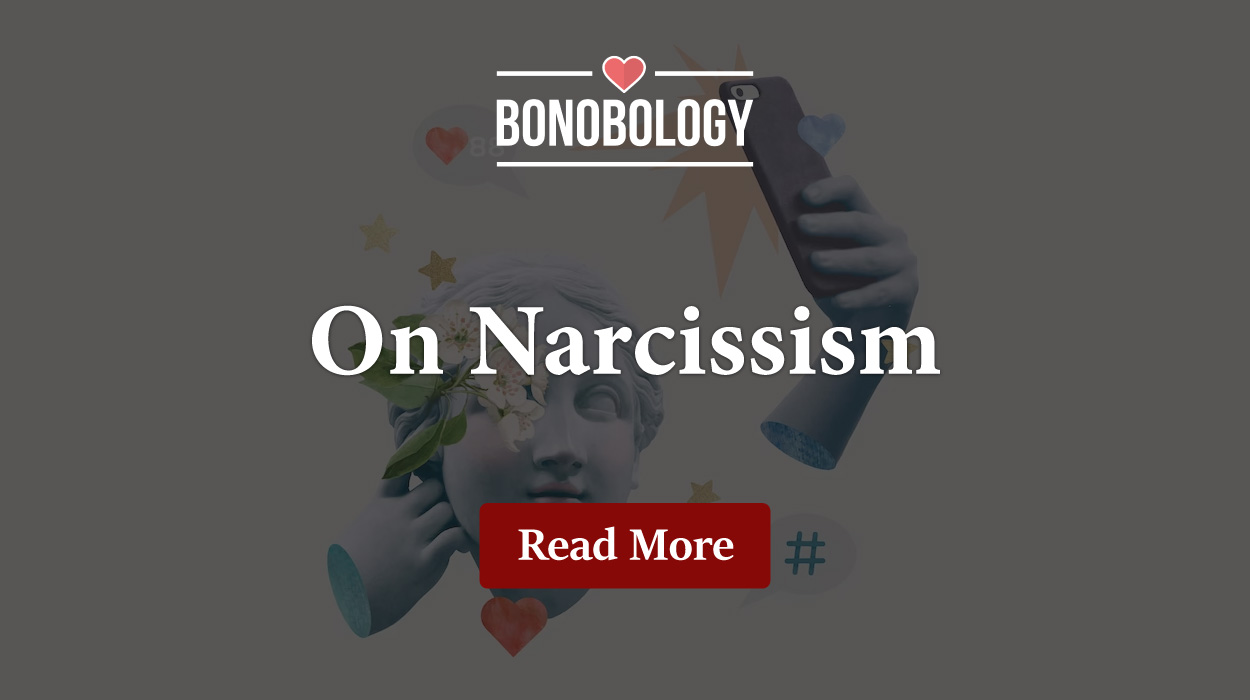
How to deal with a narcissist during emotional manipulation
Remember that it is not your duty or responsibility to heal your narcissistic partner. While it is an extremely challenging task to shrug off this rather appealing role of a caretaker to a visibly vulnerable partner, please remember it is a symptom of something bigger and murkier.
They may play the victim card and make you believe that no one knows their sob story apart from you nor does anyone have the power of proximity to heal them. But this claim of exclusivity is a warning sign and is a narcissist’s way of claiming their supremacy over you and others. This emotional neglect may seem insignificant in the beginning but can harm the emotional well-being of the partner at the receiving end of the deal. Here’s what you should do in this situation:
- Pull away and engage in some self-reflection. Ask yourself if your partner ever asks about your wishes or that of other people
- Set realistic expectations and boundaries, and lay them out clearly
- You can’t give from an empty glass. So, remember your self-worth, voice your needs, and gain back your self-confidence
Related Reading: 11 Warning Signs Of Lack Of Emotional Connection In Relationships
5. They isolate you from others
A trademark pattern in a narcissistic relationship is a constant pull and push. A narcissistic partner is riddled with an exaggerated sense of high self-esteem and thrives on narcissist controlling behavior. To satiate their inflated egos, narcissists use all the tactics to devalue and push you away when the honeymoon period is over. However, whenever they are threatened by the thought of losing you, the narcissist will feel uncomfortable, and would once again resort to several tactics to pull you back.
To keep this game of pull and push ticking, they don’t let their non-narcissistic partners have a world beyond the one with them. So, people with narcissistic tendencies often isolate their partners and draw them away from others, including friends, family, or a social circle. With time, this one relationship takes over all the other bonds in the non-narcissist partners’ lives.
How to deal with a narcissist during isolation
While spending lazy evenings in the arms of your beloved sounds like the secret to true love, in reality, being isolated from others stunts your growth, narrows your perspective, and often leaves you stranded. Romantic relationships should not confine you as an individual but should be a source of growth and positivity. Make sure you:
- Don’t isolate yourself from the rest of the world for just one relationship
- Keep your social support system (your friends, family, and colleagues) close to you and be clear about it with your partner as well
- Indulge in self-care, nurture space in your relationship, and step out of your existing life to enjoy some me-time with friends, family, and the people you love
The fact that your life isn’t just about your partner will keep their narcissistic tendencies in check and may give you two more room to communicate and the relationship a push for a future.
Related Reading: How Spending Time With Friends Helps Improve Your Relationship
6. The final devaluation
When the narcissist partner realizes that you have been wooed and you are no longer the trophy they were vying for, the final devaluation begins. Once you are invested in the relationship, their narcissistic tendencies become more pronounced.
However, if the non-narcissistic partner ever threatens to break up, a narcissist would immediately get in their “can’t live without you” avatar. Nearly every relationship pattern with an NPD partner follows a narcissistic relationship cycle of ‘back and forth’ between the love bombing and devaluation stages.
How to deal with a narcissist during the final devaluation
By the time people are devalued by a narcissist, their self-esteem is fractured and their mental health has been affected. They find themselves riddled with self-doubt and guilt. Strange as it may sound, they feel like they have wronged their partners. Still, the thought of breaking up with a narcissist partner remains distant.
They love themselves a little less and blame their actions a lot more. They are often a much sadder and dissatisfied version of who they were before the relationship began. While standing up to a narcissist at this stage can be hard, you must:
- Be vocal: If possible, break this narcissistic relationship pattern of abuse on your own before it breaks your self-esteem. Take control of your own life, because that is what you can control
- Talk to them but don’t stop at that: The narcissistic relationship pattern plays on a loop of highs and lows. When you’re scaling the highs, it can feel like things will only get better from here on out, but they only get worse and the narcissistic relationship cycle continues. The only way out is to not give too many chances to them or the relationship at the cost of your mental health or self-confidence
- Seek help: Mental health professionals can help you either come out of the relationship or be in a safer space if you want to continue with the relationship. Friends, meanwhile, can help you feel good and know that it isn’t exactly your fault
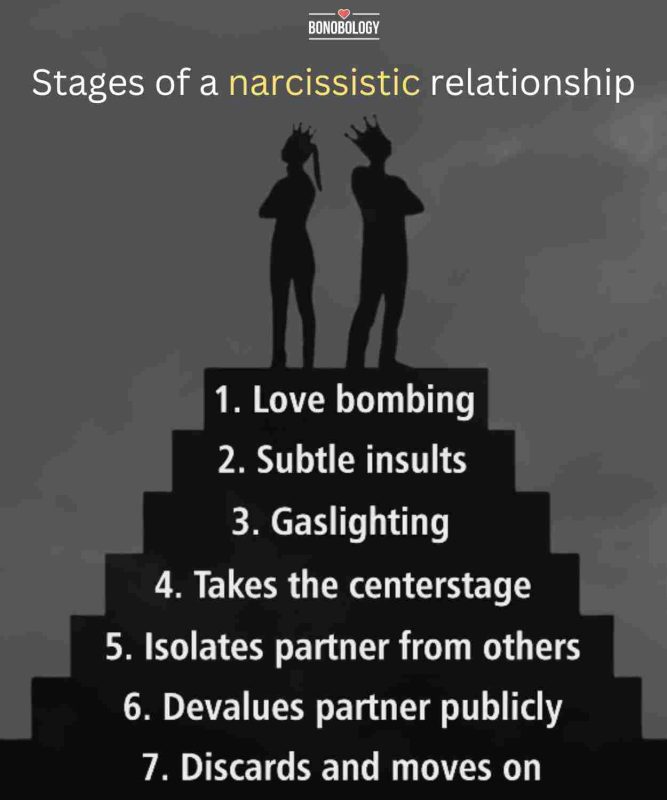
7. Discard
What a narcissist does at the end of a relationship is dangerous. As ironic as it may sound, narcissists pull their partners to their lowest and, then one fine day, they decide to leave them because this new ‘lowly’ partner is not what they aspire for. They always need to feel that they are winners, and one way to feel like one is by pulling others down.
So, people with narcissistic tendencies tear their partners down to the lowest of lows, break their confidence and self-esteem, make them feel guilty for everything ‘went wrong’, and finally leave like the winner they always are.
Related Reading: 12 Perfectly Valid Excuses To Break Up With Someone
How to deal with a narcissist in the discard phase
So, how does one deal with the discard phase of a narcissist? Well, the only honest way to deal with what a narcissist does at the end of a relationship is by not dealing with them. Yes, you heard us right. When you know it’s time to break up, don’t wait. Before they decide to dump you and tear your self-esteem apart, pick up the pieces and step out. But before you step out, do step up to their vices and call them out.
Let them know how the relationship panned out for you and how from being the most lovable partner, they have sprung into being an irrational, manipulative being. Let them know that what you thought to be a great relationship was actually a nightmare that you wouldn’t want to continue.
However, not everyone is in a position to or willing to break up despite being trapped in a relationship. So, if you still want to be in the relationship, prepare for the hard road ahead. If you are in this stage of a narcissistic relationship, you have seen and been through enough warning signs. It is time to take some active measures to safeguard your mental health. You can do that in the following ways:
- Remind yourself that you deserve better treatment, better love, a better partner
- Practice self-love and pamper yourself with spa days, hobbies, and other interests
- Build a support group of empathetic friends and family so that you are not alone
- Talk to your partner about the issues in the relationship. Be better prepared with facts, instances, and examples
- Try convincing them about going into therapy. There are online therapy options available for personality disorders too
- If you’ve been devalued by a narcissist, seek therapy for yourself too. Narcissistic relationship abuse can leave the non-narcissistic partner with depression, low self-esteem, guilt, anxiety, and PTSD
- There is affordable online therapy available now. Explore your options and seek help. If you’re considering getting help for yourself or your partner or as a couple, skilled and experienced counselors on Bonobology’s panel are here for you
Key Pointers
- Narcissists have an excessive sense of self-importance, a sense of entitlement, a lack of empathy, envy, and a need for constant validation and admiration
- There are 21 stages of a narcissistic relationship, though they can be collated into roughly 7 stages of narcissism
- Narcissists lovebomb their partners in the initial stages, but as time passes, the narcissistic relationship cycle includes periods of abuse and torture, followed by more love bombing
- Narcissists use many tactics, such as gaslighting, stonewalling, love bombing, and guilt-tripping, to manipulate their partners
- This narcissistic cycle of abuse ends with the discard phase of a narcissist
- Life with narcissistic partners can be extremely challenging, and non-narcissistic partners can end up with low self-esteem, fractured self-love, anxiety, depression, and even PTSD
Are you still wondering, “How does a narcissist act in a relationship?” We hope not. You are the best judge of where you want such a relationship to head. However, it is important to be aware of the limitations and challenges ahead in a narcissistic relationship.
Being in a relationship with a narcissistic partner often feels like being on a one-way street with someone who can’t think beyond themselves. While deep down they are scared and powerless, narcissists feed on this feeling to sound and behave quite the opposite. Pick your battles wisely, but before that, make sure this battlefield is somewhere you really want to be. Be in touch with your support system network and don’t ever stop taking care of yourself.
30 Manipulative Things Narcissists Say In An Argument And What They Actually Mean
Gaslighting In Relationships – 7 Expert Tips To Identify And 5 Ways To End It
8 Common “Narcissistic Marriage” Problems And How To Handle Them
Your contribution does not constitute a charitable donation. It will allow Bonobology to continue bringing you new and up-to-date information in our pursuit of helping anyone in the world to learn how to do anything.

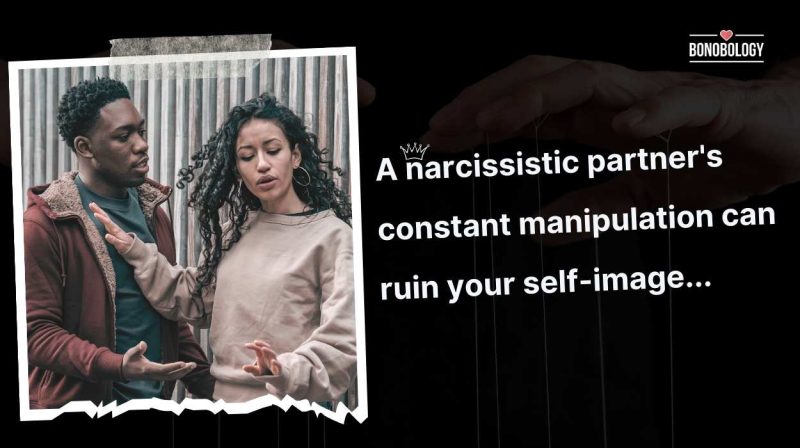



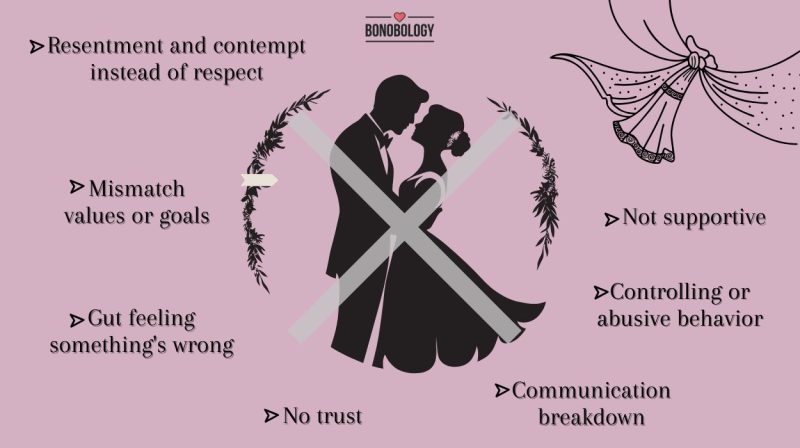

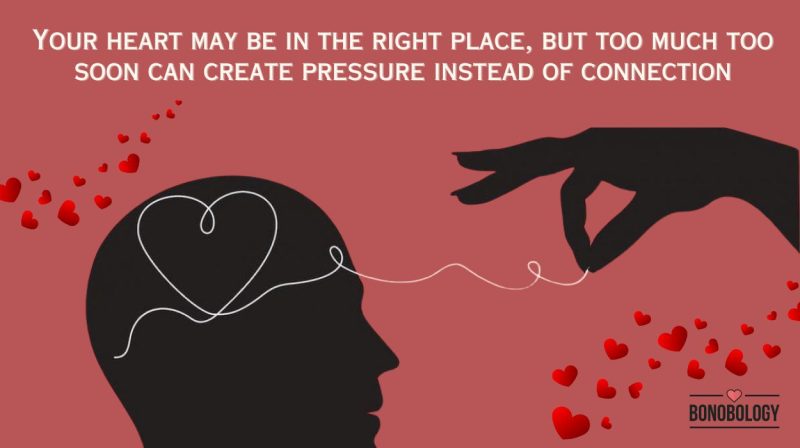

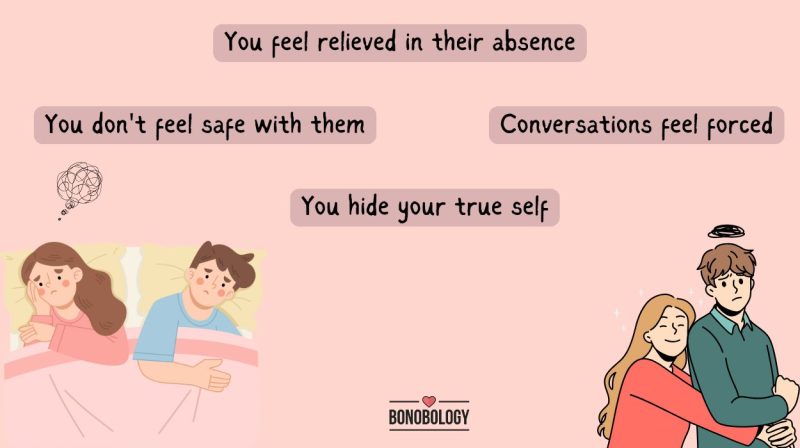




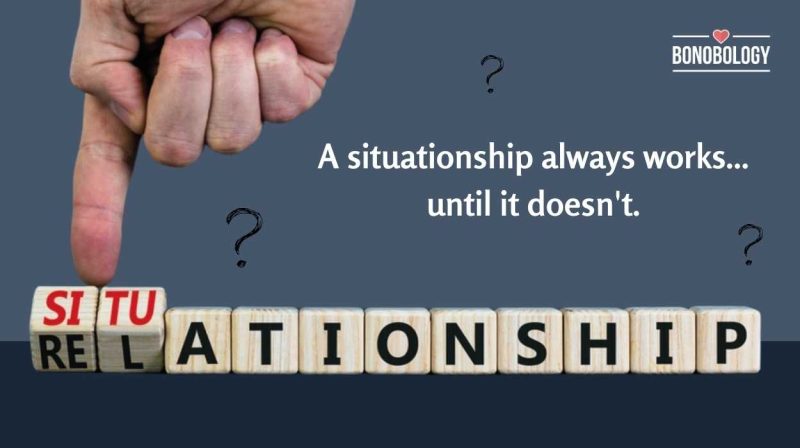

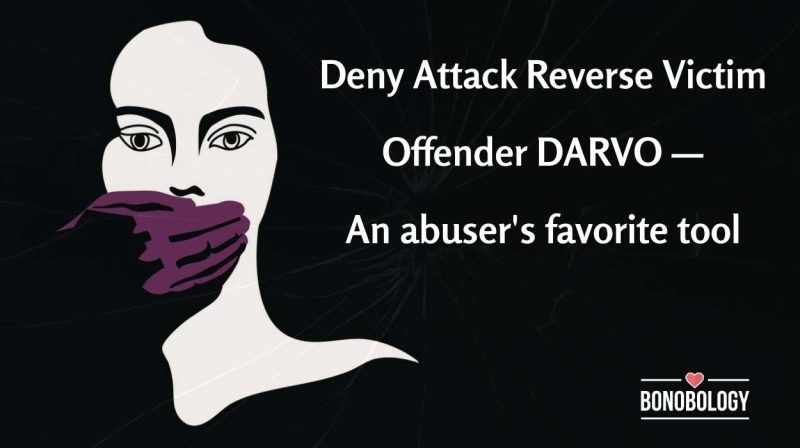

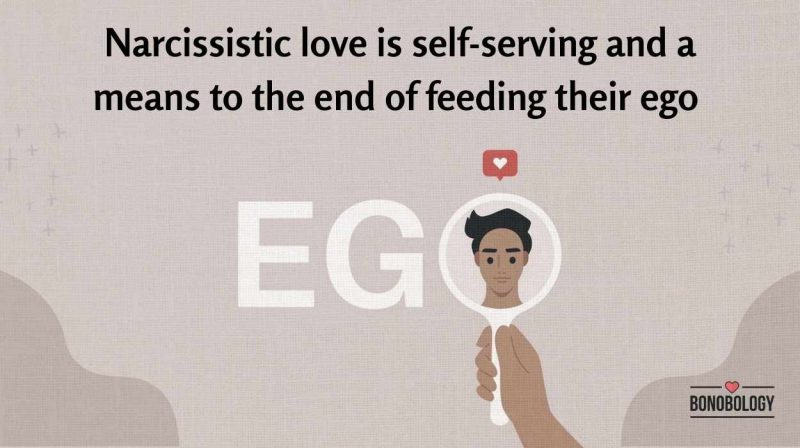
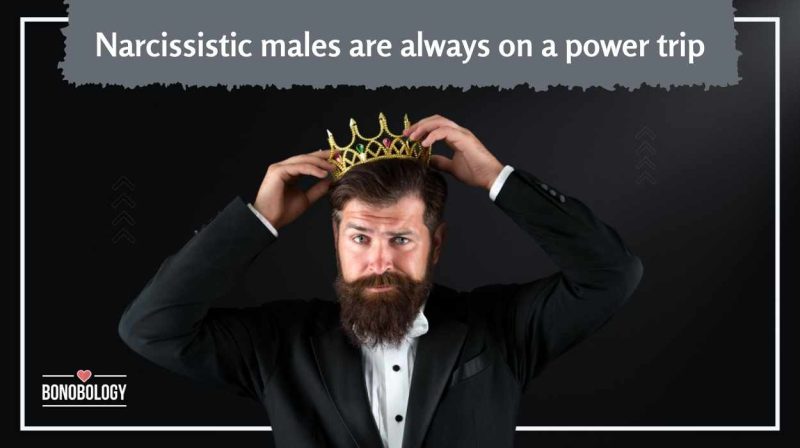
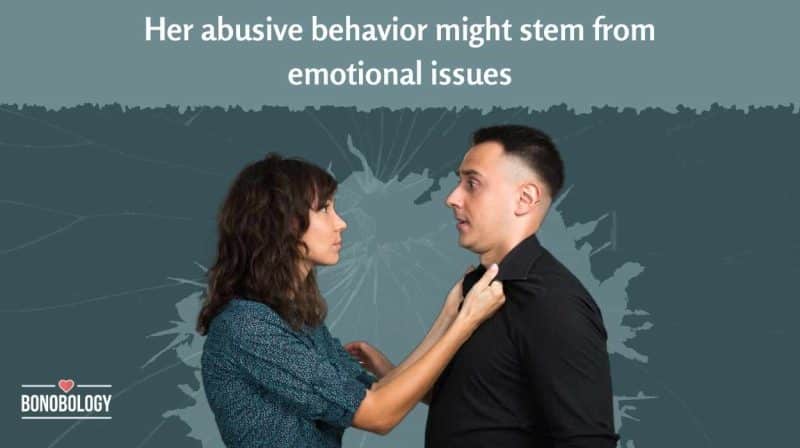
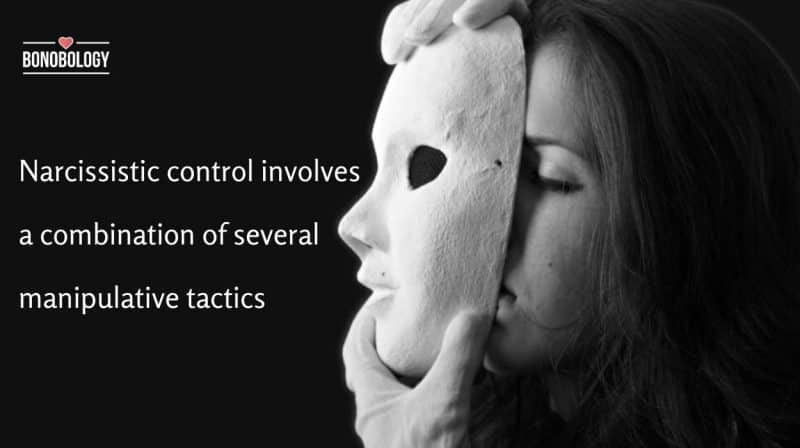
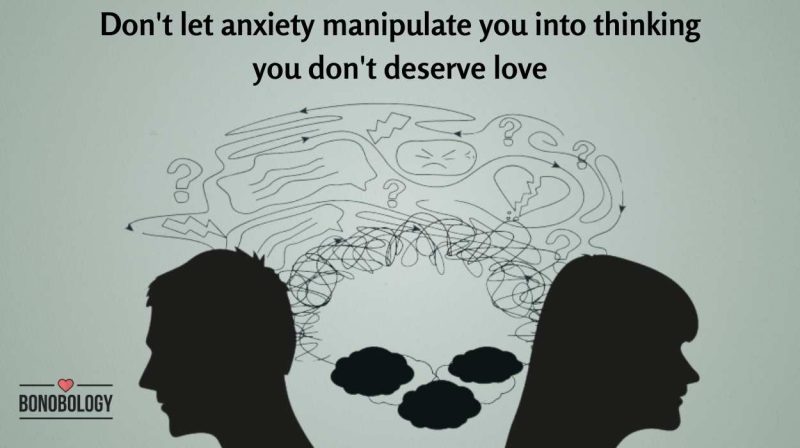
Featured
17 Red Flags In A Relationship To Be Wary Of
What Is A Trophy Wife?
7 Signs You Should Not Marry Him
Signs A Guy Is Obsessed With You In A Bad Way: 15 Red Flags
Unintentional Love Bombing: 9 Ways You May Be Overwhelming Your Partner
13 Signs Of A Hot And Cold Relationship & How To Break The Pattern
21 Subtle Signs You’re Not Really In Love With Your Partner
I Hate My Girlfriend: Why You Feel This Way And What To Do
When Health Challenges Affect Your Relationship Dynamics
5 Harsh But True Signs He’ll Never Marry You
21 Signs That You Are Alone In A Relationship
11 Situationship Red Flags You Should Know About
Why Do I Get Attached So Easily? 9 Possible Reasons and Ways to Stop
How To Respond To DARVO: Expert Lists 7 Strategies
What Is Fexting, And Why Is It Bad For Your Relationship?
Are Narcissists Capable Of Love?
11 Prominent Male Narcissist Traits to Watch For
Why Does My Girlfriend Hit Me? Expert Shares 11 Possible Reasons And Ways To Cope
How Does A Narcissist React When They Can’t Control You?
“My Anxiety Is Ruining My Relationship”: 6 Ways It Does And 5 Ways To Manage It